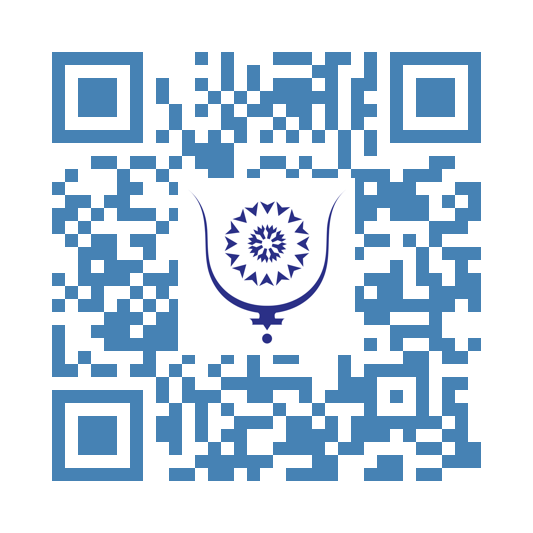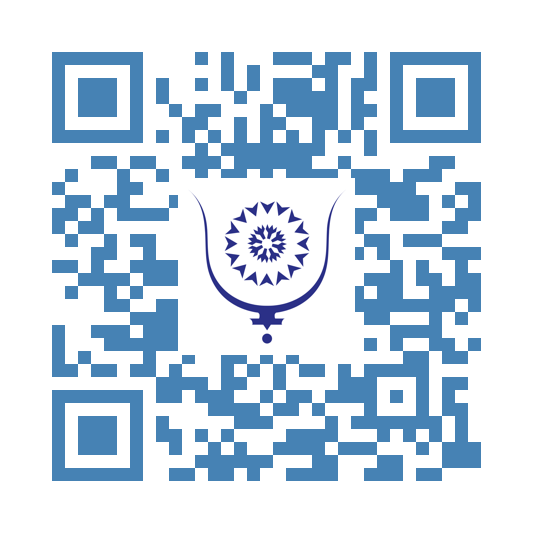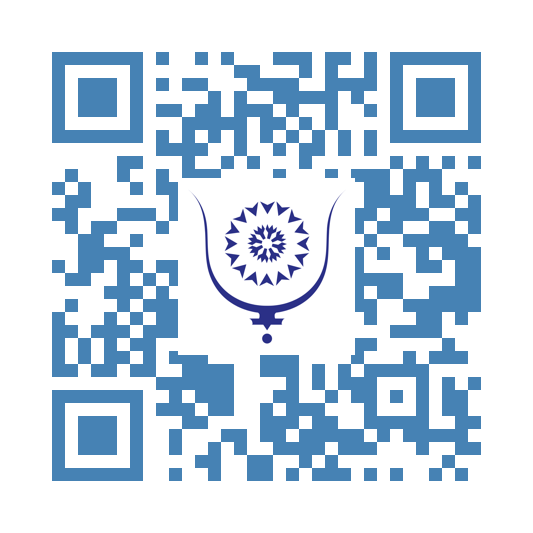Between Ideology and Pragmatism: The Spanish Radical Left's Controversial Stance on Moroccan Sahara... 8654
I confess here that it was the writings of Si Lahcen Hadad that pushed me to take a closer interest in this Spanish left, which positions itself in opposition to the Sánchez government, which is itself left-wing. Not reading Spanish, I am therefore somewhat less inclined to pay attention to the repeated ignominies of this left, sick from not being able to access power, sick from its aborted history, sick from what it actually is. So, to exist, it invented a cause. Too bad if it understands nothing about it, too bad if it harms Spain’s interests, too bad if it distorts history, ignores geography and demography, too bad if its reasoning, if it is reasoning at all, is far from logical, too bad if it lies outrageously. The important thing is to exist and to appear to the Spanish public as the defender of the causes of the most deprived... No matter if those people harmed the Spanish people; no matter if they have Spanish blood on their hands. Manifest bad faith.
In Spain, therefore, a significant part of the radical left, mainly represented by formations such as Unidas Podemos, an alliance between Podemos, Izquierda Unida, and other minority groups, maintains a posture—let’s say critical, if not belligerent—towards the Kingdom of Morocco.
This contradictory position is fed by a historical prism marked by colonial memory, “anti-imperialist” struggles, but also by the question of the Sahara, called the "Spanish Sahara" until 1975, as it was a former territory under Spanish domination until the Green March in 1975.
This radical left considers Morocco a belligerent and threatening actor. The debate is not limited to territorial disputes: it fits into an ideological vision where the Moroccan state is often presented as an authoritarian and repressive regime, described as a neocolonial power. This is what underpins the repeated support for the artificial Sahrawi cause, presented as an anti-colonial and anti-imperialist fight. Support for the Polisario Front thus seems embedded in the DNA of these “gauchos,” regardless of developments.
Historically, several components of the Spanish left have expressed clear support for the Polisario Front, founded in 1973, which was nevertheless supported by Gaddafi, then hosted, supplied, and armed by the Algerian regime with the aim of harming Morocco’s interests. This support manifests itself in various forms:
- Filing parliamentary motions in defense of the right to self-determination for this small part of the Sahara alone;
- Participation in international pro-Polisario forums and associative networks that blindly support it, regardless of reports on the embezzlement of aid, rapes, and flagrant human rights abuses in Tindouf;
- Pressure on the Spanish government and European institutions to recognize the political status of the Sahara, neglecting to mention that it was formerly occupied by their country, as a territory to be decolonized, in opposition to Morocco’s historical sovereignty. Even the autonomy proposal, well known in Spain, does not seem to satisfy them.
However, it should be noted that this support comes in a context of strong internal contestation in Spain. Since the socialist government of Pedro Sánchez expressed its support in 2022 for the Moroccan autonomy plan, this radical position has somewhat fractured. This change reflects a pragmatic adaptation by some to the geopolitical, economic, and migratory realities that closely link the two countries.
Faced with challenges related to managing migratory flows through the occupied enclaves of Ceuta and Melilla, as well as security and economic cooperation with the Kingdom of Morocco, the Spanish government has refocused its diplomacy. This has led to a gradual distancing of the left—but not the radical left—from the Polisario, thus marginalizing its influence on official policy.
In this context, some voices within the radical left still try to persuade European institutions to keep pressure on Morocco, demanding that the so-called Western Sahara remain central to priorities to resolve an “unresolved colonial conflict.” Parliamentary groups and “pro-Sahrawi” NGOs continue to denounce bilateral agreements between Madrid and Rabat, refusing that the issue be sidelined in favor of a more “pragmatic” diplomacy.
Spanish and European institutions, the theater of these ideological tensions, thus see the radical left forces seeking to have the question of the so-called Western Sahara recognized as a “state matter.” They denounce Moroccan control over this dossier and strongly contest the diplomatic normalization policies carried out by Madrid.
This line reflects a deep political fracture, where post-colonial idealism and outdated self-determination claims clash head-on with political realism marked by the search for regional strategic balances.
Support for the so-called Sahrawi cause is not without controversy. Activists, commentators, and victims have recalled that the Polisario Front was, in the past, involved in violent operations in Spanish territorial waters, causing the death of Spanish fishermen.
These painful episodes resonate in Spanish public opinion and fuel a virulent critique of radical positions that support a movement with a past combining political struggle and violent actions. This memory weighs heavily in contemporary debate and is exploited by political forces opposed to these radical left positions, notably the Spanish right.
The question of the Sahara, a territory that was Spanish for a time, remains an important point in relations between Spain and Morocco. However, current political, economic, and security realities push for pragmatic Spanish diplomacy, favorable to strengthened cooperation with Rabat, thus marginalizing the radical stance on both governmental and international stages.
The historical legacy is here perfectly exploited for contemporary necessities in managing Ibero-Moroccan relations.
Today, after consulting numerous articles and writings recounting the positions of this left of another era, I understand a little better Si Lahcen Hadad's fight on the subject, and even more so his sharp responses to the remarks of a certain Ignacio Cembrero, whom I now see only as a bland neurotic. Thank you, Si Lahcen.
One question remains: why is the Moroccan left not more inclined to take a stand and strongly denounce the alienated stance of their Spanish counterparts?




